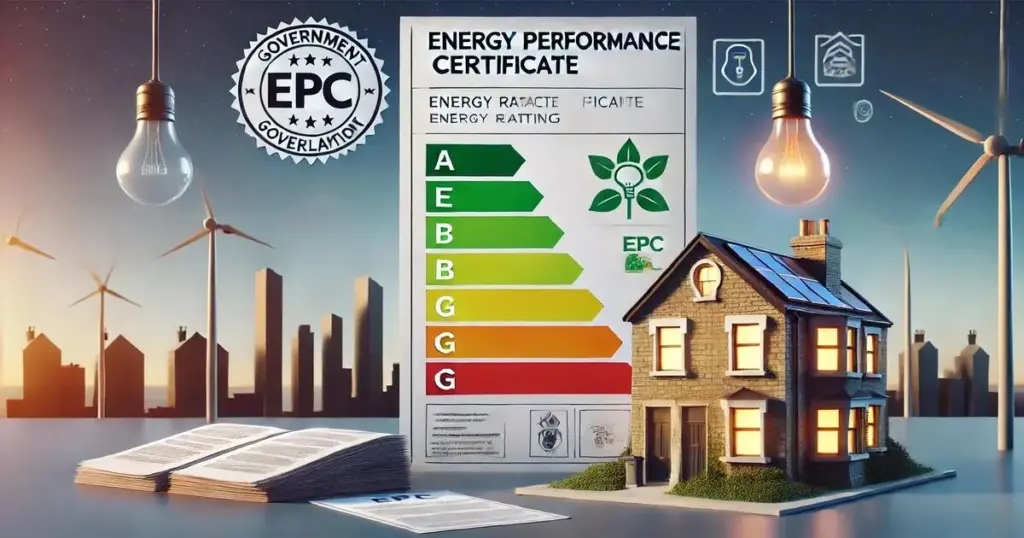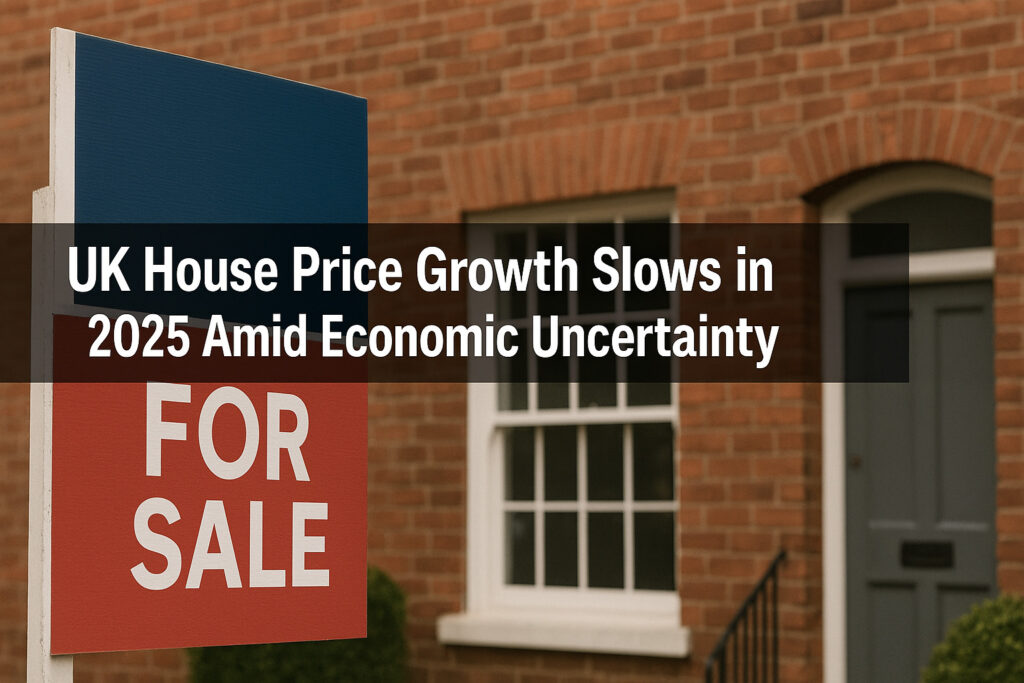UK Property Market Forecast 2025: What to Expect for House Prices and Investment Trends
As we step into 2025, the UK property market continues to be shaped by a complex interplay of economic conditions, supply and demand dynamics, and government policies. With lingering effects of inflation, interest rate changes, and evolving buyer preferences, the landscape is shifting once again. Here, we break down the most up-to-date UK housing market forecasts, pricing trends, and investment opportunities that smart buyers and investors need to know.
House Prices in the UK: Will They Rise or Fall in 2025?
The central question for most observers remains: Are house prices going up or down in 2025? The latest data from market analysts and property consultancies suggest a moderate recovery after the slight corrections experienced during 2023 and 2024.
- Nationwide Building Society and Halifax both reported annual price drops in 2023 ranging between -2% to -5%, largely driven by affordability issues and high mortgage rates.
- However, in early 2025, signs of stabilization have emerged, particularly in London, Manchester, and Birmingham, where demand remains strong.
Forecasted Growth Rates by Region (2025–2026):
Property price growth across the UK is expected to vary by region, with the North West leading the way. Forecasted annual growth rates are as follows:
- London: 2.5%
- South East England: 2.0%
- North West: 3.2%
- West Midlands: 2.8%
- Scotland: 1.9%
- Wales: 1.5%
- Northern Ireland: 1.2%
These projections highlight the ongoing pent-up demand and limited housing stock, particularly in major urban areas. First-time buyers and young professionals who delayed purchasing due to affordability and mortgage constraints are now beginning to re-enter the market, supporting price resilience across these regions.
Impact of Interest Rates on the Housing Market
The Bank of England’s base rate, which peaked at 5.25% in 2024, has started to ease slightly in 2025. This reduction has begun to unlock borrowing power, encouraging more transactions and revitalizing mortgage approvals.
- Fixed-rate mortgage deals have seen slight drops, now averaging 4.5% for 5-year fixes, compared to highs of over 6% in 2023.
- Buy-to-let investors, previously squeezed by rising borrowing costs, are returning cautiously, focusing on high-yield areas in the North and Midlands.
Mortgage affordability remains a concern for many, but longer mortgage terms, shared ownership schemes, and government-backed programs like Help to Buy: Equity Loan (Wales) are providing some relief.
The Rental Market Boom: A Silver Lining for Landlords
One of the most notable shifts in the UK property landscape is the booming rental market. With many would-be homeowners still priced out due to deposit requirements and affordability thresholds, the demand for rental properties continues to outpace supply.
- Average UK rent rose by 7.8% year-on-year in early 2025, with London and Bristol seeing double-digit growth.
- Build-to-rent (BTR) developments are expanding rapidly, driven by institutional investment and young professionals seeking flexibility.
This dynamic creates lucrative opportunities for landlords, particularly in university towns, commuter belts, and regeneration zones.
Hotspots for Property Investment in 2025
Investors looking for capital appreciation and strong rental yields should consider the following locations:
1. Manchester
With ongoing infrastructure investment, a growing tech sector, and a student population, Manchester offers both rental yield potential (5-6%) and long-term growth.
2. Birmingham
Hosting the HS2 rail project and multiple city-centre regeneration schemes, Birmingham is becoming a prime choice for investors.
3. Leeds
Known for its strong employment rate, financial services sector, and student population, Leeds is seeing continued upward momentum in both house prices and rents.
4. Liverpool
Liverpool remains one of the most affordable major cities, with rental yields averaging 6%, especially in postcodes like L1, L3, and L6.
5. Glasgow
A popular location for student and young professional renters, Glasgow’s property values are still catching up to those of its southern counterparts, offering room for growth.
New Build vs. Resale: Where Should You Invest?
The debate between new-build homes and existing properties will continue in 2025. Here’s a breakdown of the advantages:
- New Builds:
- Higher energy efficiency (important under tightening EPC requirements)
- Government incentives for first-time buyers
- Lower maintenance costs
- Existing Homes:
- Often larger and located in established neighbourhoods
- More excellent room for adding value through refurbishment
- Better capital appreciation in high-demand areas
In a cooling yet resilient market, renovation projects and off-market deals are especially appealing to property investors and developers seeking to generate equity and strong ROI.
Key Factors Influencing the UK Property Market in 2025
Several macroeconomic and political developments will shape the trajectory of the housing market:
- Interest Rates – Any further reductions could boost buyer confidence and affordability.
- Inflation – Easing inflation provides relief for both construction costs and household budgets.
- Housing Supply – The UK continues to fall short of its 300,000 homes/year target, which supports prices.
- Government Policy – Potential reforms to Stamp Duty, rental regulations, and planning laws may shift investment strategies.
Will the UK Face a Housing Crash in 2025?
Despite previous headlines warning of a housing crash, most indicators point toward a soft landing rather than a steep downturn. While some regional price adjustments occur, the underlying fundamentals — chronic undersupply, strong rental demand, and stable employment — prevent a full-scale collapse.
Savills, Knight Frank, and other leading agencies forecast that house prices will rise 2-3% in 2025, making it a stabilizing year for property.
Long-Term Outlook for UK Property (2025–2030)
Looking beyond 2025, the UK housing market is expected to enter a phase of gradual and sustained growth, assuming:
- Interest rates normalize
- Planning reforms unlock land supply.
- Demand from younger generations remains robust.
The trend toward remote work, sustainable building, and regional migration from London to more affordable areas will also continue to reshape investment strategies.
Conclusion: Navigating the UK Property Market with Confidence
For buyers, sellers, and investors alike, 2025 presents both challenges and opportunities. By focusing on high-growth areas, understanding interest rate dynamics, and leveraging rental demand, stakeholders can position themselves for long-term success.
Stay informed, analyze the data, and act strategically — the UK property market remains a resilient and rewarding arena for those who approach it with insight and precision.
Frequently Asked Questions (FAQ)
Will UK house prices go up or down in 2025?
House prices in the UK are expected to experience moderate growth in 2025, with most regions seeing increases between 1.5% and 3.2%. Areas with strong job markets and limited housing supply, like Manchester, Birmingham, and London, are likely to see the highest growth.
Is 2025 a good year to buy property in the UK?
Yes, 2025 is shaping up to be a favourable year for property buyers, especially with interest rates beginning to ease and house prices stabilizing. First-time buyers, investors, and homeowners looking to upsize can benefit from better deals and incentives.
Which UK cities offer the best property investment opportunities in 2025?
Top-performing cities for property investment in 2025 include:
- Manchester
- Birmingham
- Leeds
- Liverpool
- Glasgow
These locations offer strong rental yields, regeneration projects, and rising demand from renters and buyers alike.
Are interest rates expected to fall in 2025?
Yes, the Bank of England has signaled a gradual easing of interest rates in 2025 following peak inflation in 2024. Mortgage rates have already started to dip, improving affordability and boosting buyer confidence.
How will the UK rental market perform in 2025?
The rental market remains extremely strong in 2025 due to limited rental supply and increased tenant demand. Average rents have risen by nearly 8% year-on-year, with hotspots like London, Bristol, and Edinburgh seeing even higher growth.
What is the outlook for UK property over the next 5 years?
The UK property market is forecast to see steady growth through 2030, driven by:
- Chronic housing shortages
- Continued demand from younger generations
- Increased focus on regional cities Capital appreciation and rental income potential are both expected to remain strong over the medium to long term.





